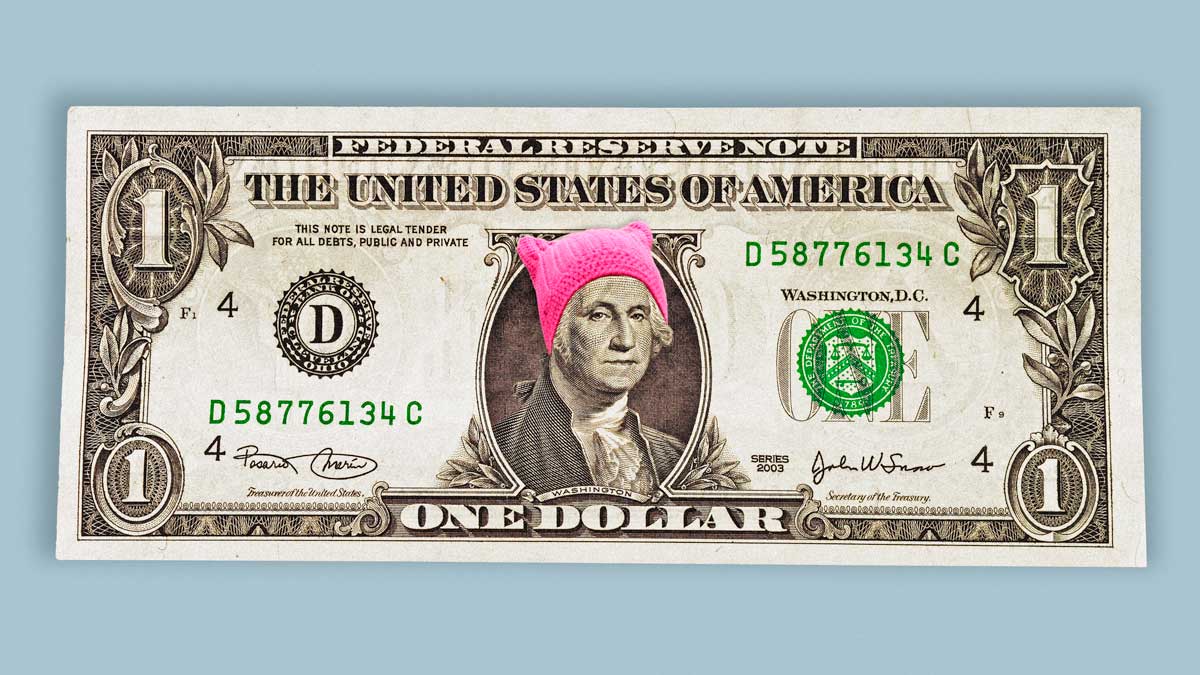How to get a HELOC with bad credit
Many consumers are struggling with the costs of high inflation. When you throw in rising interest rates — which have sent credit card payments soaring — things get even more challenging.
Homeowners, though, might have a lifeline. With a home equity line of credit (HELOC), they can pull money from the equity they've built up in their home and use those funds to pay off debts, cover bills or just make ends meet temporarily.
Are you interested in a HELOC? Typically, HELOCs are best for high-credit consumers, but having a lower score doesn't mean one's completely out of the picture.
You can explore your HELOC options here now to learn more.
How to get a HELOC with bad credit
Here's how to get a HELOC if your credit's less-than-perfect:
1. Review your credit report for errors
The first step is to pull your credit reports from all three credit bureaus — Experian, TransUnion, and Equifax. You can get these for free at AnnualCreditReport.com.
Once you have your reports, look them over carefully for any errors, even small ones. If you find any — things like inaccurate payment dates or balances, duplicate debts, or accounts incorrectly marked as late — file a dispute with the credit bureau you received the report from. They'll then investigate the dispute and, ideally, correct the error, which should improve your credit score.
2. Make sure you have enough equity
You typically need at least 20% equity in your home to get a HELOC — meaning your existing mortgage loan's balance equals no more than 80% of your home's total value.
This is just the minimum, though. If you have bad credit, coming to the table with extra equity may make it easier to qualify, as it lessens the risk for the lender.
To increase your equity, you can make extra mortgage payments or do small upgrades and renovations around your home. This will increase your home's value and, subsequently, the amount of equity you have.
3. Stop activities that will lower your score further
Late payments can hurt your score significantly. In fact, according to the Fair Isaac Corporation (FICO), missing a payment by just 30 days can drop your score by more than 130 points in some cases.
To keep late payments from hurting your score, put your bills on autopay whenever possible. If this isn't an option, set yourself alarms or reminders for a few days before each payment is due. This will keep you on track payment-wise.
You should also avoid taking out new loans and credit cards and running up your balances, as both of these can also hurt your score, too.
You can easily check your HELOC eligibility here now.
4. Get a co-signer
Bringing in a co-signer for your HELOC is another option. Co-signers essentially agree to share the legal responsibility of the loan with you. If you fail to make your payments as agreed upon, they must step up and make them for you.
This is a great way to lower the risk you present to the lender and make it easier to qualify for a HELOC. Just make sure your co-signer knows what they're getting into. If both of you fail to make the payments, it could hurt your credit scores significantly.
5. Shop around for your lender
Not all lenders will accept lower credit scores, so it's important to compare a few options before applying for your HELOC.
"While many lenders require a minimum FICO score of 620 for a HELOC, there are alternative lenders who may be willing to work with borrowers with sub-620 FICO scores," says John Aguirre, owner of John Aguirre Home Loans in Fort Lauderdale, Florida.
Lenders don't just vary in their HELOC requirements but also in their fees and the rates they offer. Because of this, shopping around is a smart way to ensure you get the best price possible. Use the table below to start comparing HELOC lenders now.
Lower score, higher rate
While it is possible to get HELOCs with bad credit, it will typically mean a higher interest rate once approved. If you want to minimize your interest rate, it's best to work on improving your credit score before applying for your HELOC. If you're not sure how to do that, consider calling a credit counselor for help.




